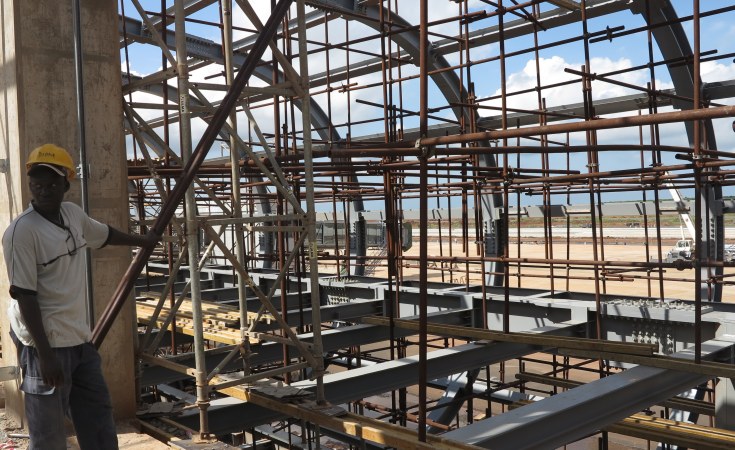Cape Town — Africa's premier survey of the quality of governance across the continent shows that it has not improved in the past four years.
"Overall governance progress in Africa is stalling," says Mo Ibrahim, the Sudanese-born entrepreneur whose foundation runs the Ibrahim Index of African Governance.
The latest edition of the index, the first to include data from all 54 countries across the continent, was published on Monday. The authors of the new report used data for the four years between 2011 and 2014 to compare progress in different categories of governance, and in different countries.
The index shows that while, on average, Africans saw an improvement in education, health and welfare services and in their capacity to participate in their government, they were less safe and secure and their governments' ability to provide them with sustainable economic opportunities deteriorated.
While the index measures governance standards in four principal categories - "participation and human rights", "human development", "safety and rule of law" and "sustainable economic opportunity" - these comprise data in 14 sub-categories, based on 93 "indicators" from 33 independent institutions. A detailed examination of this data reveals a more nuanced snapshot of Africa's progress and setbacks.
Although there is generally an improvement in political participation and in free and fair elections across the continent, the rights of the average African have deteriorated in 31 countries, especially in the area of freedom of association and assembly. And while the position of women has improved slightly on average, the adoption of laws to protect them against violence has deteriorated.
The best performance in any category in the survey is in "human development" - covering education, health and welfare. The category has also shown the most improvement over the past four years, led by Ethiopia and in 39 of 54 countries.
This, the index's director, Elizabeth McGrath, told AllAfrica, reflects the energy many countries have put into the realisation of the United Nations' Millennium Development Goals. That said, she added, "there are some worrying trends" - principally in the indicator which reflects how well education systems are preparing students for a competitive economy, which shows the record of 20 countries as having deteriorated.
And while anti-retroviral treatment for HIV and Aids has leaped on average, there has been a decline in immunisation and public health campaigns.
Thirty-one countries have also seen a decline in performance in the safety and rule of law category. But, as Mo Ibrahim says in his foreword to the report, "Africa is not a country", and a country-by-country breakdown shows how averages, in McGrath's terminology, can "mask" wide variances in performance.
Thus countries which have seen a return to stability after violence or unconstitutional transfers of power - Madagascar and Cote d'Ivoire - join Ethiopia and Senegal in marking up substantial gains, but this is offset by what the survey characterizes as "dramatic declines" in those afflicted by war, civil strife or rebellion - South Sudan, the Central African Republic, Mali and Mozambique.
On average, African governments performed worst in offering their people conditions conducive to pursue economic opportunities, the index shows.
In all but one sub-category, their delivery declined - at worst, in the efficiency of customs procedures and ensuring that banks are sound.
But 33 countries improved the infrastructure necessary to boost economic growth. Nevertheless, here too, their record was mixed: while telecommunications and air transport showed healthy growth, road and rail networks deteriorated.
Pursuing the theme, Africa is not a country, the Ibrahim Index's director, Elizabeth McGrath, helped AllAfrica drill down and find some highlights in the survey.
Read that report here: Africa's Governance Winners, Losers and Surprises


